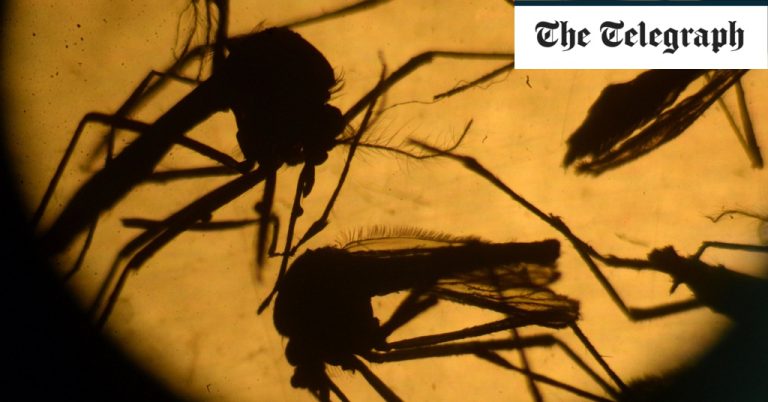Zika hit the headlines as it swept through South America in 2015 and 2016, causing clusters of microcephaly and other neurological disorders in babies.
Though cases have since declined, approximately 40,230 infections were recorded in 2022 – a figure experts fear could rise as temperatures climb.
Dengue, which causes severe headaches, joint pain and rashes, can become increasingly serious if a person is exposed more than once.
Like chikungunya, there is currently no vaccination for Zika and not one widely available for dengue.
A total of 183 cases of dengue from five municipalities have been detected so far.
The capital, Dili, and the neighbouring Ermera municipality are the hardest hit, accounting for nearly 90 per cent of all cases.
A Zika virus infection has also been reported in the Ermera municipality, raising fears of potential further spread.
According to Dr Bonsall, the mix of the three diseases could represent a “serious outbreak” that is difficult to control and will worsen as the wet and warm season continues.
The species of mosquito spreading the infections also complicates matters, he added.
“Aedes mosquitoes that spread these viruses are not like the Anopheles mosquitoes that spread malaria,” he said.
“Anopheles mosquitoes fly around in the night, so you can sleep under a net. But these mosquitoes are around all day. It makes it harder to protect against them.
“Because of this and a lack of vaccinations, there isn’t a single bullet solution.”
